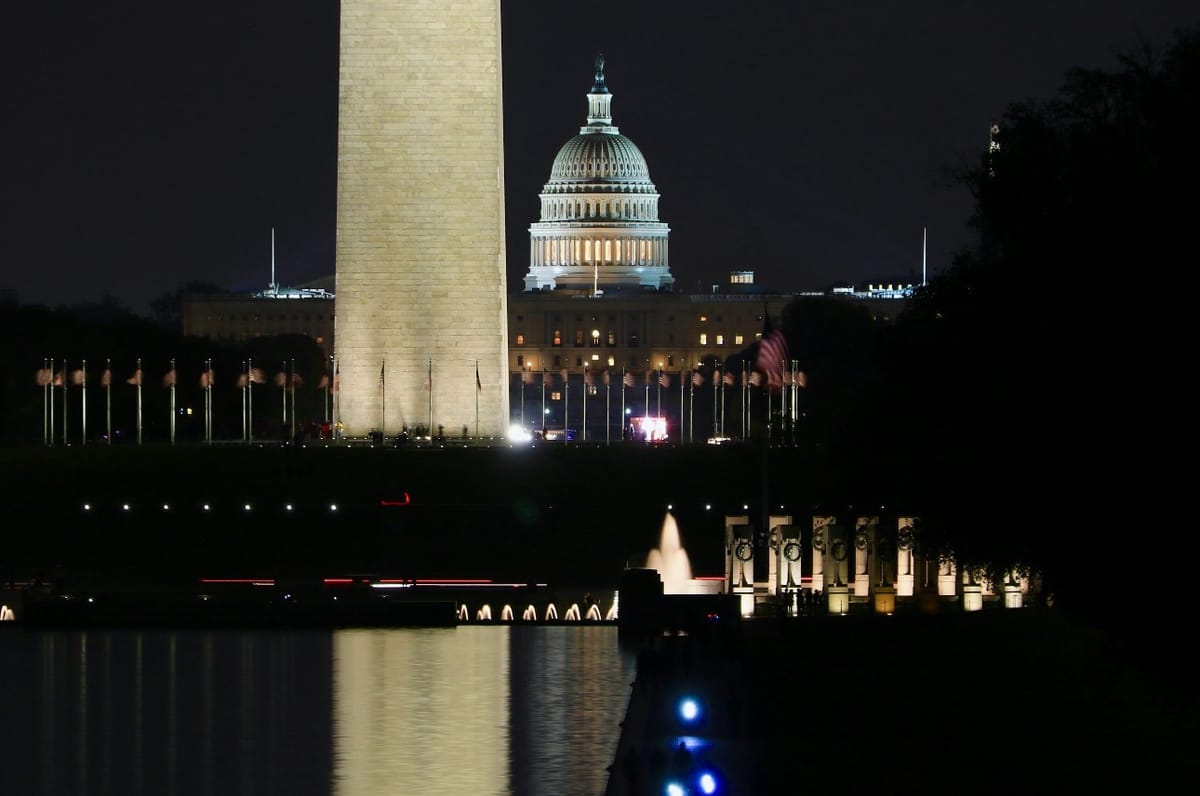The Quiet Bill That Could Unravel Campaign Finance Law

In the pantheon of modern political tools, few are more consequential, and less understood, than the nonprofit. These tax-exempt entities, ostensibly created to serve the public good, have long walked the fine line between civic engagement and political influence. With the introduction of the partisan bill H.R. 2501, that line may soon disappear.
Framed as a restoration of free speech, the bill offers something far more potent: a path for wealthy donors to influence elections not only anonymously, but with the added benefit of a public tax break.
In doing so, it threatens to shift the balance of power in American politics away from parties and voters, and toward the quiet machinery of tax-advantaged persuasion.
A Subtle Dismantling
The bill, formally titled the Free Speech Fairness Act, is deceptively simple. It would amend the tax code to permit 501(c)(3) organizations, including churches, hospitals, and think tanks; to engage in political speech, so long as such statements occur in the “ordinary course” of their activities and involve “de minimis” expenditures.
This language, unassuming, lawyerly, is where the transformation lies. For decades, the Johnson Amendment has prohibited nonprofits from endorsing or opposing political candidates. It has served as a firewall between tax-deductible contributions and partisan politics. H.R. 2501 proposes to breach that wall, not with bombast, but with ambiguity.
The Power of the Shadow Actor
The modern nonprofit, particularly in the political sphere, is not a passive actor. It is a publisher, a convener, a litigant. It shapes narratives, files lawsuits, produces data, and curates the boundaries of acceptable debate. It is, in short, a vessel for influence: precisely because it is not a campaign.
Under the new rules proposed by H.R. 2501, that influence could become electoral in name as well as effect. A wealthy donor could contribute to a nonprofit, receive a hefty tax deduction, and witness the nonprofit carry out the donor’s political will: perhaps at a public event, or in a newsletter, or on a livestream sermon. The act would no longer be prohibited. The money trail would remain invisible.
A Structure Built to Benefit One Party
In theory, H.R. 2501 applies to all nonprofits. In practice, it overwhelmingly benefits one political party.
Over the past two decades, the Republican Party has invested heavily in the construction of a nonprofit infrastructure that straddles policy, religion, and media. Organizations like the Heritage Foundation, Turning Point USA, and the Family Research Council operate with the rhythm and messaging of campaigns, but without the legal burdens. State-level affiliates, including Washington’s own Policy Center and Freedom Foundation, mirror this model at the regional level, functioning not merely as research institutions, but as political surrogates that amplify partisan messaging, target ideological opponents, and shape public opinion under the protection of nonprofit status.
Washington State, in Microcosm
Consider one illustrative example. Representative Michael Baumgartner, a Republican from Washington’s 5th Congressional District and co-sponsor of the bill, is ideologically aligned with the Washington Policy Center, where his wife serves as a paid senior advisor. The Center is a tax-exempt nonprofit that publishes policy research, convenes forums, and advocates for small-government principles. Under current law, it cannot endorse candidates. Under H.R. 2501, it could do so freely as part of its “ordinary activities.”
This wouldn’t simply mean new signage or slogans. It would mark a transformation in narrative power; a shift from persuasion to direction, from influence to instruction.
The Disappearing Barrier
The genius of the Johnson Amendment was not that it silenced nonprofits, but that it protected them and the political system from becoming indistinguishable. It carved out a role for civic institutions that was political but not partisan, engaged but not electoral.
That barrier is now under threat. And if H.R. 2501 becomes law, the consequences will be subtle but sweeping.
It will not be the loudest voices that change. It will be the soft ones; the ones with tax-exempt status, untraceable donors, and an ever-growing influence over what we believe is neutral, objective, or true.